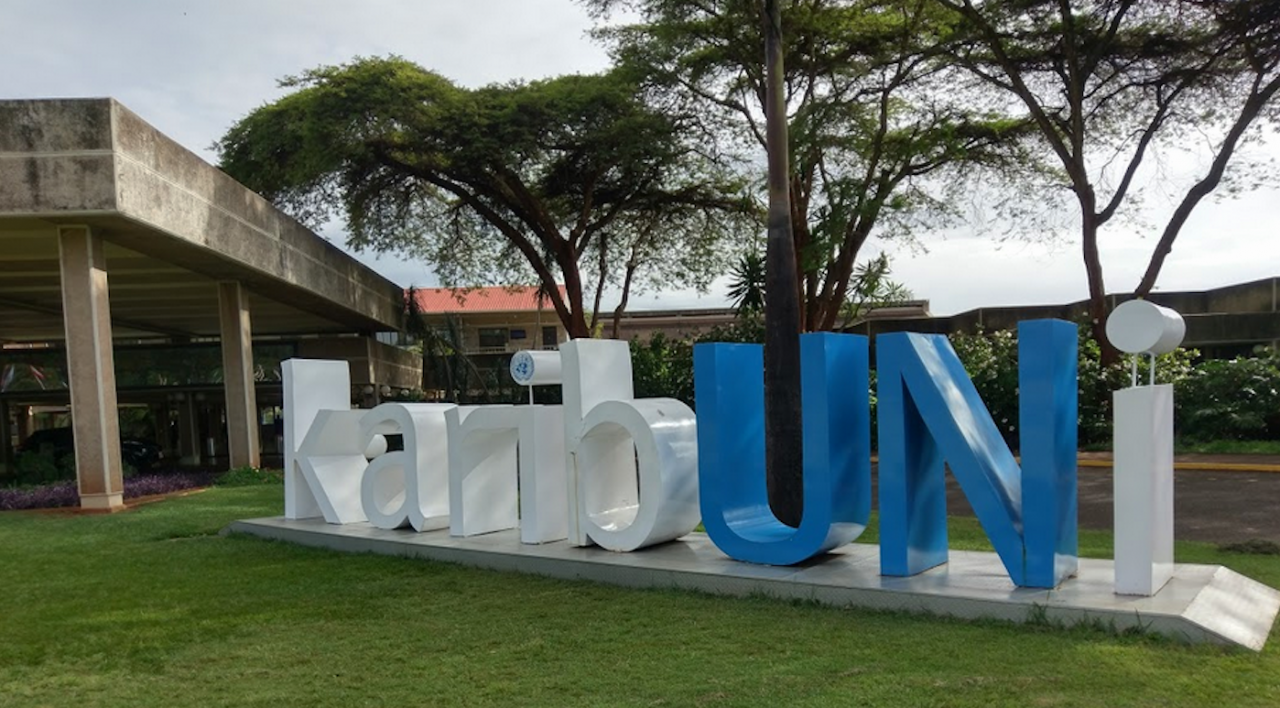
Improving Data Acquisition and Access to Medicines in East Africa
April 25th, 2018

Authored by Leka Tingitana, Director of Tanzania Flying Labs
 Drones enable geospatial data to be acquired in a timely and affordable manner, which give insights to a wide array of stakeholders from first responders to farmers in Africa. The demand for developing internal drone expertise amongst social good organizations is increasing as the benefits of this technology are becoming more realized. Tanzania Flying Labs (TFL) was recently invited by the United Nations Population Fund (UNFPA) in Kenya and Somalia to participate in an information workshop about drones in the Kenyan capital of Nairobi. Our experience in the East Africa region thus far has enabled us to help organizations such as UNFPA to not only select the most appropriate robotics technologies, but to develop their own local capacity through training and practical missions.
Drones enable geospatial data to be acquired in a timely and affordable manner, which give insights to a wide array of stakeholders from first responders to farmers in Africa. The demand for developing internal drone expertise amongst social good organizations is increasing as the benefits of this technology are becoming more realized. Tanzania Flying Labs (TFL) was recently invited by the United Nations Population Fund (UNFPA) in Kenya and Somalia to participate in an information workshop about drones in the Kenyan capital of Nairobi. Our experience in the East Africa region thus far has enabled us to help organizations such as UNFPA to not only select the most appropriate robotics technologies, but to develop their own local capacity through training and practical missions.
The localization of emerging technologies is a core mission of Tanzania Flying Labs, which we reinforce by offering drone piloting courses and incubating local businesses that provide drones-as-a-service. All of this is underpinned by the WeRobotics network which provides us with knowledge and insights from other Flying Labs around the world. Currently, TFL is learning about about cargo drones from Peru Flying Labs, for example.
Cargo drones can have an enormous impact in improving access to medicines for 75% of Tanzania’s population which on average lives more than 2km away from a tarmacked road. It takes 3 days to deliver medications by road and 40 minutes by drone to some areas of the Lake Victoria region in Tanzania. The UNFPA has already been involved in successful drone initiatives such as the delivery of contraceptives to women in rural Ghana. The challenges to replicating similar projects in a country such as Somalia are immense and mostly having to do with security. How do you deliver life saving blood to a remote clinic in what is effectively a war zone?

The UNFPA workshop highlighted Big Data, drone applications, technology transfer and experiences from other UN organizations such as United Nations Support Office in Somalia (UNSOS). Cross-cutting all these efforts is the all-important regulatory environment for remotely piloted aircraft as drones are called by civil aviation authorities. It is crucial for governments to allow a humanitarian space for drones and benefit from aerial data whose value we continue to stress but still feel is highly underutilized. This is why Tanzania Flying Labs will facilitate a drone policy workshop in Tanzania next month to ensure social good initiatives and interventions are taken in to consideration before regulations become law.
Location(s):
Recent Articles

